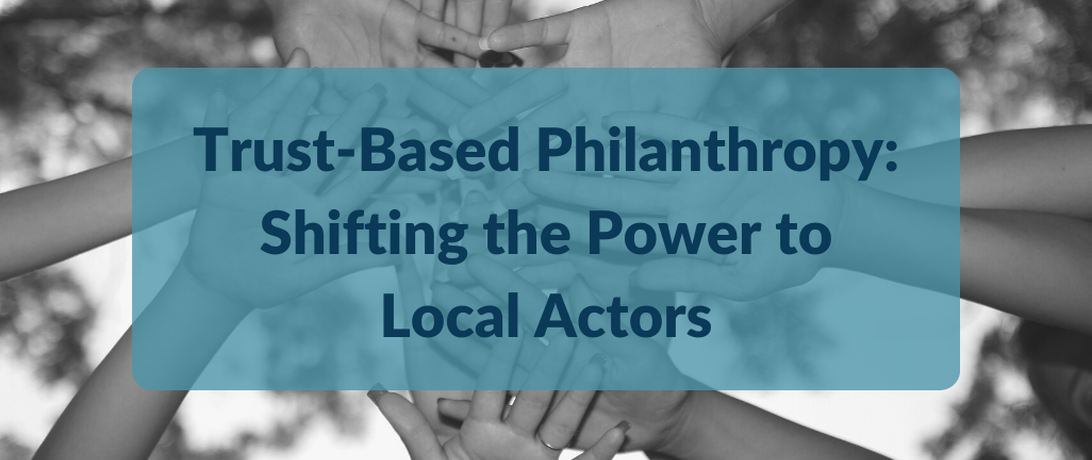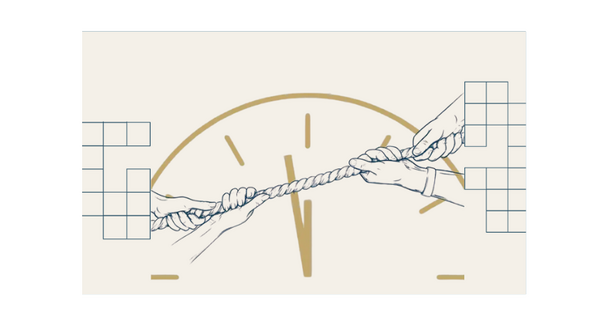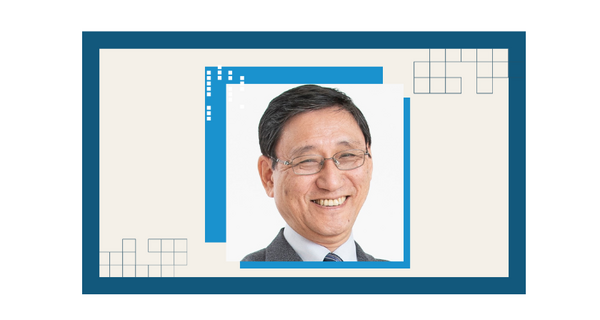
Kelly Case, a Director at Strategy for Humanity, explains the necessity of empowering grassroots organizations in conflict-affected countries.
A key pillar of the Mobilizing Men as Partners for Women, Peace, and Security’s (MAWPS) work is to strengthen and empower grassroots organizations in conflict-affected countries. These local organizations have their fingers on the pulse of their communities; mobilize quickly and effectively at the grassroots level; work together across divides; build broad support; and create sustainable solutions. Community-based organizations enjoy the confidence of and are accountable to the people they serve and represent. They are more likely to reflect the voices of marginalized populations, including women, people with disabilities, indigenous populations, the LGBTQI+ community, and racial and religious minorities. Therefore, they must have the lead on activities in their own countries, receive direct funding, and have a seat at the table when projects and policies are being developed, implemented, and evaluated.
Yet, grassroots organizations, particularly women-led, are often excluded or systematically disadvantaged because of the development and humanitarian assistance structure that favors more well-established and resourced organizations that can comply with their priorities and reporting requirements. Globally, less than 5 percent of foreign assistance flows directly to institutions based locally and run by local actors. Most local civil society groups have several challenges in getting resources including, gaining access to and developing relationships with foundations, foreign donors, and international nongovernmental organizations; creating enough human and financial capital to navigate the large and often complex external grants and contracts; meeting detailed qualification documents; and providing adequate reporting and evaluation to meet the needs of the donors. Even the question of language – including indigenous languages – often shuts the door on local participation. These challenges come on top of growing political pressure in many countries facing a closing civil society space in the face of government repression and restrictions. This system has thus created an imbalance of power and has often contributed to systemic inequity around the world.
Over the past decade, there has been a growing acknowledgement that the system is deeply flawed and that change is needed. As Ambassador Donald Steinberg notes in his article, Global Embrace of Localization: Changing the Power Dynamics in Development and Humanitarian Aid Systems, “Stakeholders throughout the assistance ecosystem have come to the shared conclusion that their work is more effective, more resilient, and more equitable when local partners play a lead role in identifying sectors, planning programs, implementing projects, and evaluating progress.” To advance equity and shift the power imbalance, some funders have begun adopting principles of trust-based philanthropy, which emphasizes building collaborative and respectful relationships in which funders are also accountable to their grantees, not just the other way around.
For example, the U.S. Agency for International Development has pledged to provide 25 percent of its funding directly to local partners within five years, and to put local voices at the center of program selection, design, implementation and evaluation for half of its awards by the end of the decade.
As the Trust-Based Philanthropy Project describes it in its article, We’re here to clear the air on what trust-based philanthropy is and what it isn’t, trust-based philanthropy “works to build a more equitable nonprofit-funder ecosystem through a rigorous approach that values relationship-building and power-sharing over transaction and control. By giving nonprofits the ability to plan, grow, and innovate around emergent needs, it helps foster a healthier and more resilient social sector.”
By adopting a trust-based approach to charitable giving, you are committing to understanding and changing organizational cultures and values that may perpetuate power imbalances into ones that center their work on advancing equity and deeply valuing relationships with those they fund. This can be accomplished in myriad ways including, providing unrestricted funding where organizations can use the money as they see fit; limiting onerous reporting requirements or implementing a process where grantees also provide feedback to funders; and by ensuring grantees and affected communities weigh in on decision-making processes around grant-making.
To support grassroots activities through a trust-based model of funding, MAWPS identified civil society groups in 20 conflict-affected countries with established records of leadership, integrity, and trust. These groups are reviewed by a diverse committee to ensure that they are representative of and accountable to their communities. These organizations have worked at the nexus of gender rights, health, conflict resolution and population displacement, and often adopted a more holistic approach to addressing the needs of the local population. MAWPS provided support through an unrestricted $5,000-10,000 award to be used in whatever way the organizations determined. There are no application forms; no audit requirements; no lengthy reporting requirements. The unrestricted funding displayed trust in the local organizations to use the resources wisely. We also built relationships with the organizations by supporting them in some of their advocacy efforts, providing additional funds to meet pressing needs, linking them with each other and partners to increase their networks, and highlighting their tremendous work through blog posts and in meetings.
These awards have become a pillar of our work. The organizations have been able to do an incredible amount of work with a small amount of funds. By centering our work on equity and trusting local organizations to drive activities, extraordinary work has been done that will result in more successful outcomes and more peaceful societies overall. Examples of this work include:
- In Nigeria, the Mwada-Gana Foundation used its funds to train women in internally displaced persons (IDP) camps on a variety of skills including, soap making and milling. The training process resulted in the trainees launching their own small businesses.
- In Iraq, at the height of the Covid-19 pandemic, the Al-Firdaws Society utilized its award to help combat the virus. In coordination with the Ministry of Health and security services, they went into the most highly infected areas, particularly hard to reach villages, to share information about the virus and promote good hygiene.
- In Burundi, the Semerera Youth Coalition Against Gender-Based Violence used the funding to create a women's entrepreneurship program. In this program, women can network, learn and participate in capacity-building workshops, and receive small grants to help start or continue their work.
- In Sri Lanka, the Association of War Affected Women supported and capacitated women as well as addressed the immediate needs brought on by the Covid-19 crisis. They supported women financially to create masks and other personal protective equipment to distribute to police and first responders as well as create awareness raising campaigns and translating them into different languages to help inform the public about wearing masks, washing hands, and the importance of good hygiene.
To read more about the impressive work these 20 organizations are doing, please visit the Blog | Our Secure Future.
Article Details
Published
Written by
Topic
Program
Content Type
Opinion & Insights

